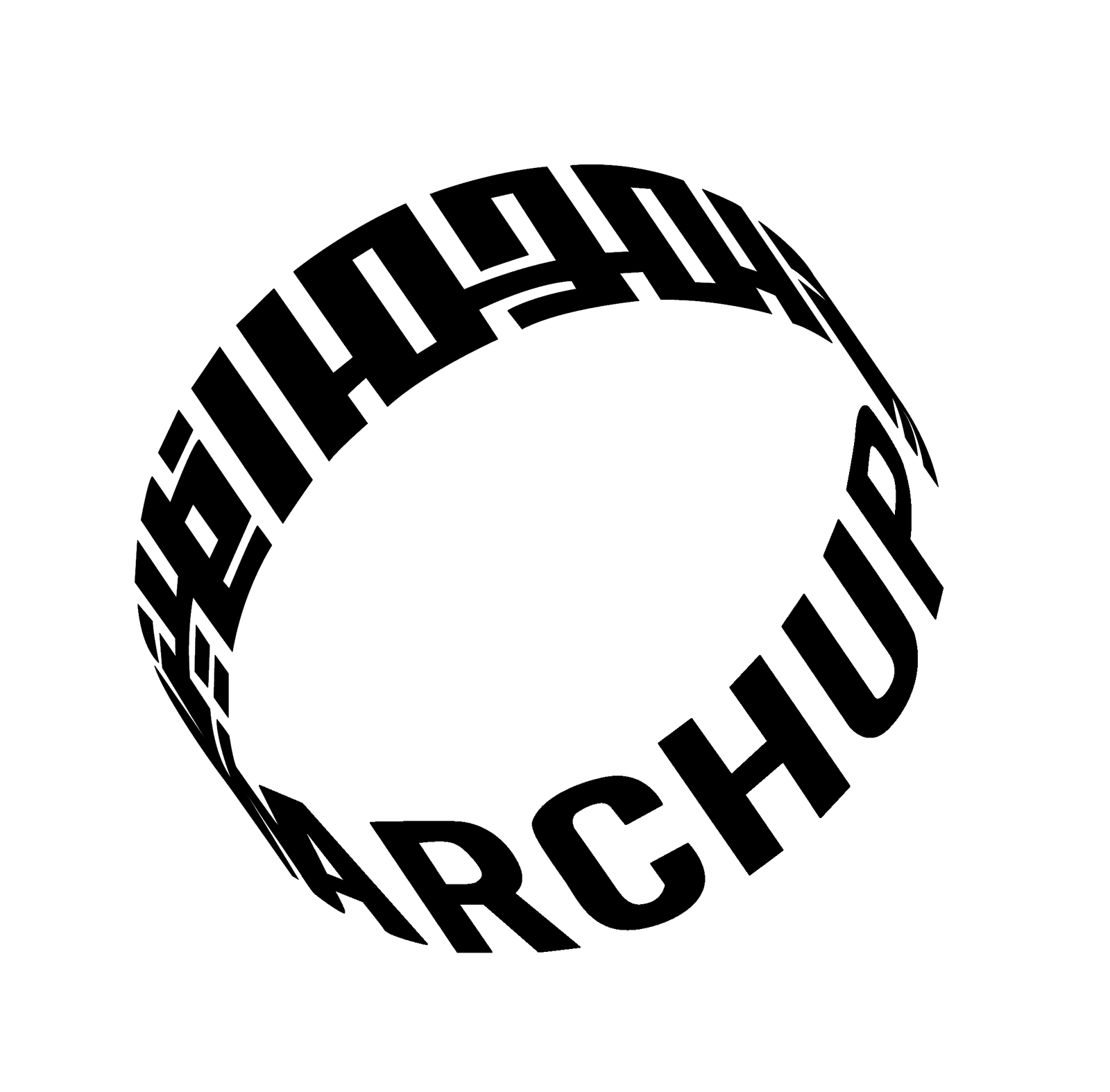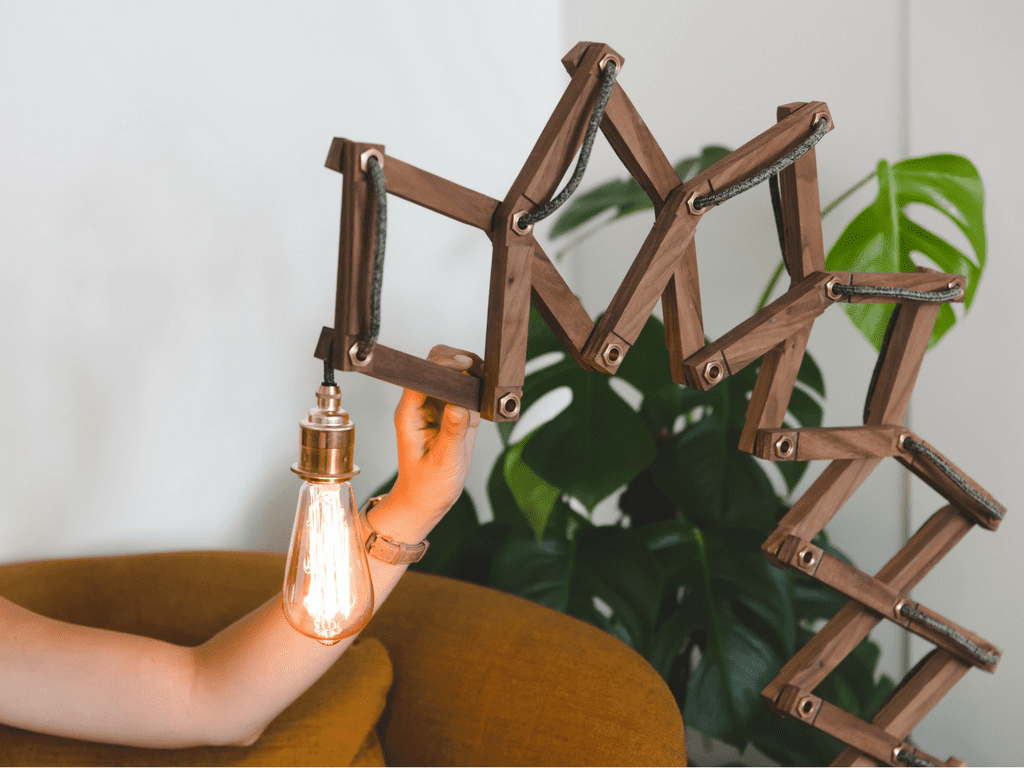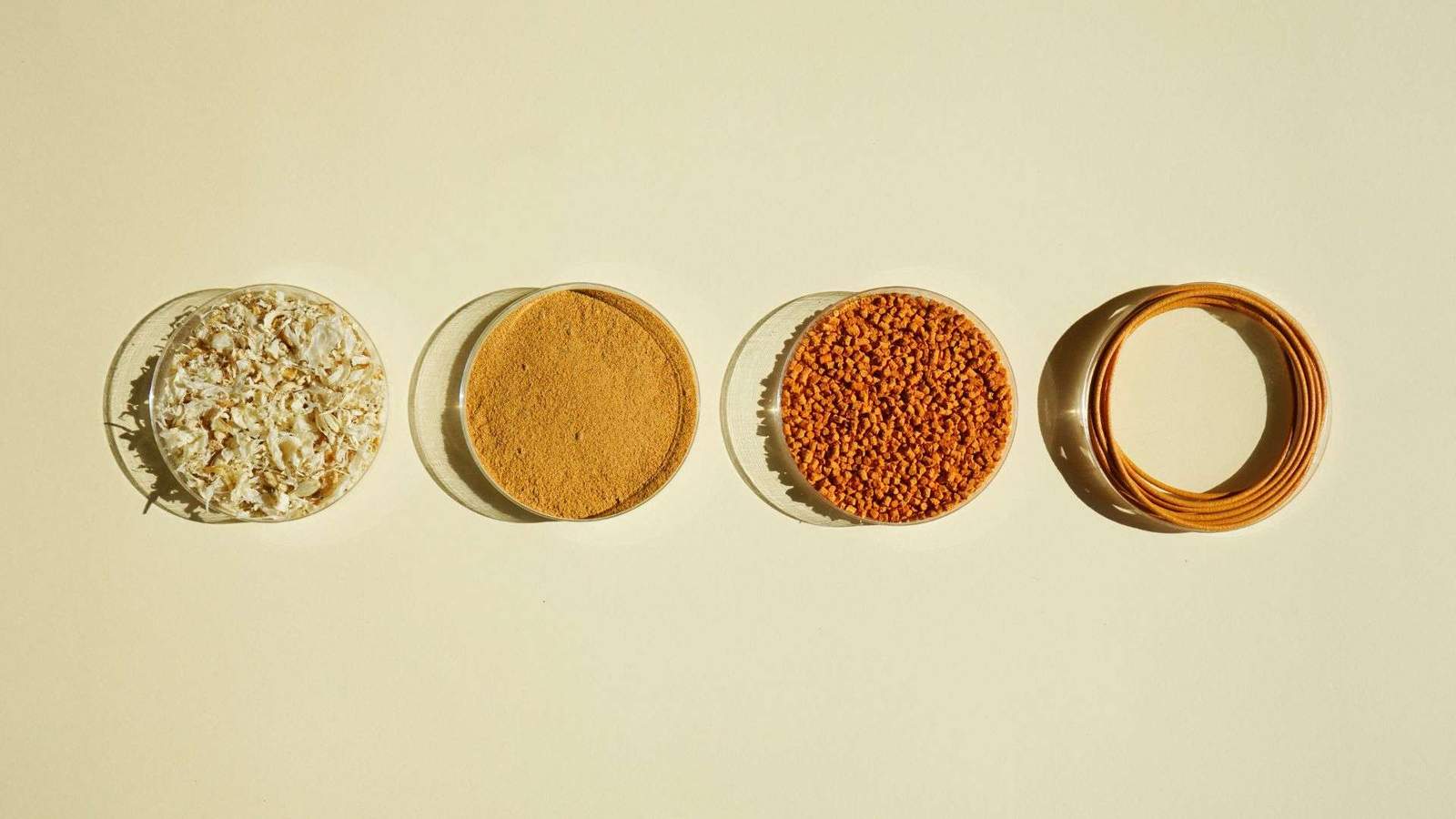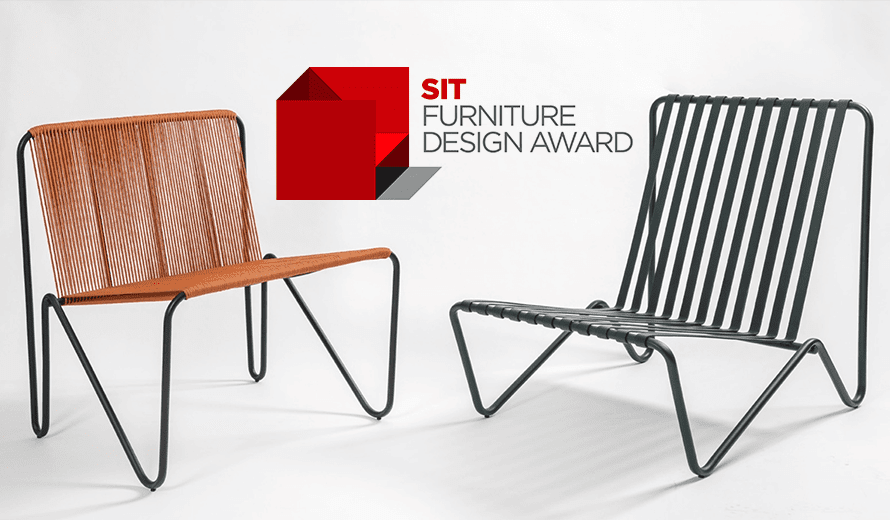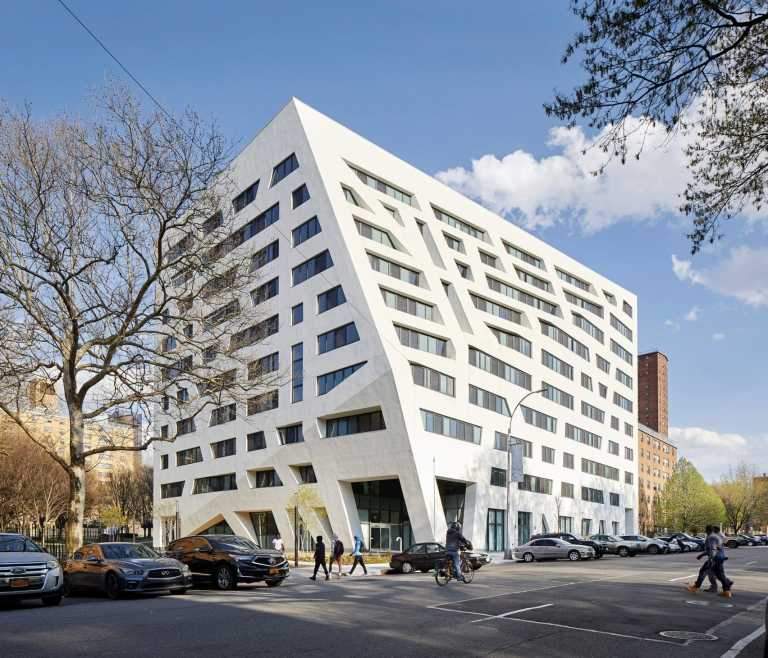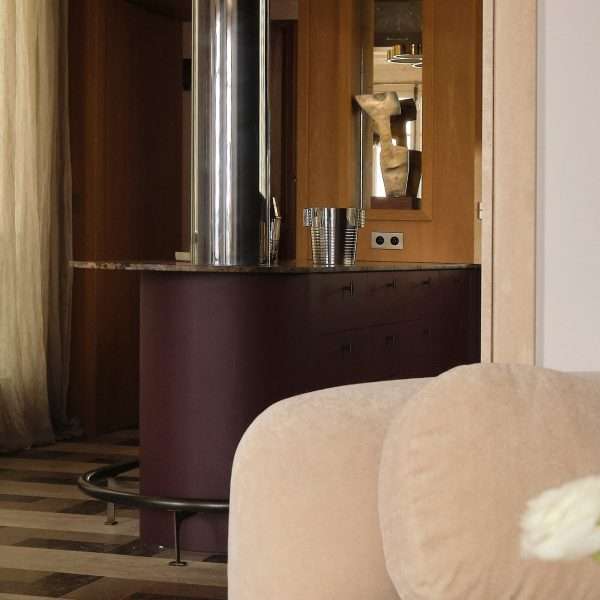UNStudio’s Echo building stands as a testament to the firm’s commitment to realizing projects that prioritize health, sustainability, and lasting impact on cities and communities. Designed as the new interfaculty building for TU Delft, Echo addresses the university’s need for flexible teaching spaces amidst growing student numbers. This article explores the innovative design and sustainable features of the Echo building, highlighting its contribution to TU Delft’s goal of operating a fully sustainable campus by 2030.
Sustainable Design and Flexibility
The Echo building, designed in collaboration with Arup and BBN, embodies sustainability and adaptability at its core. With a focus on user well-being and educational innovation, Echo offers a diverse range of rooms to accommodate various teaching methods and study styles. Its design fully supports different educational typologies, making it a future-proof and active campus.
Transparency and Connection
Transparency is a key design element of Echo, allowing ample natural light to flood the interior spaces and creating visual connections to the campus and surrounding environment. This open and inviting atmosphere fosters a bright, uplifting, and welcoming experience for faculty and students.
Energy Efficiency and Eco-Friendly Materials
Echo boasts remarkable energy efficiency, generating more energy than it consumes thanks to features such as 1200 solar panels, smart installations, robust insulation, and a heat and cold storage system. Additionally, 90% of the building’s furniture is reused, further reducing its environmental impact. The project demonstrates a strong commitment to sustainability through the selection of eco-friendly materials and the application of circular design principles.
Innovative Learning Spaces
Echo’s design emphasizes the importance of in-between spaces and physical movement, accommodating diverse learning styles and fostering collaboration and reflection. The building features platforms for unstructured time, including study areas adorned with bamboo ribs that seamlessly blend into the design.
Adaptable Teaching Environments
With seven teaching rooms and over 300 study spaces dispersed throughout the building, Echo offers a versatile learning environment tailored to current and future educational needs. Lecture halls can be effortlessly transformed to accommodate different learning scenarios, while project-based teaching rooms enhance the building’s flexibility and functionality.
Integration with Nature
Echo’s sustainable design extends beyond energy efficiency to include a harmonious integration with nature. Sun protection measures, such as low-solar-penetration glass and deep horizontal awnings, prevent overheating while maintaining a comfortable indoor environment. Additionally, a plenum floor system ensures the circulation of fresh air throughout the building. Therefore, eliminating the need for overhead circulation systems and promoting a healthier indoor environment.
Future-Proof Design
UNStudio founder Ben Van Berkel emphasizes Echo’s role in fostering interdisciplinary collaboration and learning. The building’s maximized use of space encourages students from different disciplines to interact, facilitating a holistic learning experience. Moreover, Echo’s adaptable design ensures that it can evolve alongside the changing needs of the university and its students.
Conclusion
UNStudio’s Echo building at TU Delft sets a new standard for sustainable and innovative educational architecture. By prioritizing user well-being, flexibility, and environmental responsibility. Echo exemplifies the transformative potential of design in shaping the future of learning environments. As a model of sustainability within the TU Delft campus, Echo represents a bold step towards creating dynamic and adaptive vertical communities that prioritize both people and the planet.
Finally, find out more on ArchUp:
